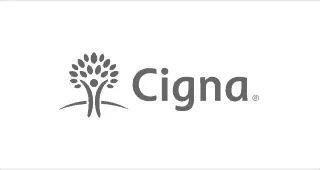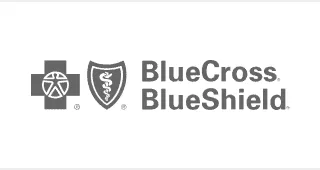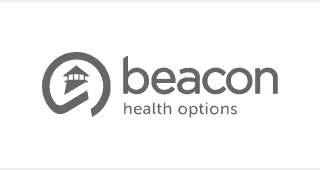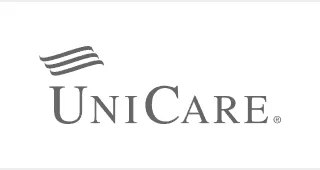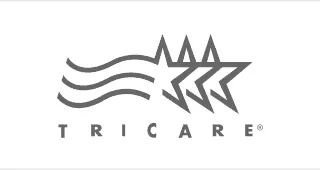Intensive Outpatient Programs
Intensive outpatient programs offer structured, evidence-based addiction treatment for individuals battling substance use and co-occurring mental health disorders. These programs provide a bridge between inpatient treatment and traditional outpatient care, offering a higher level of support and therapy compared to standard outpatient services.
Unlike inpatient treatment, where individuals reside at a substance abuse treatment center for an extended period, intensive outpatient programs allow participants to live at home and continue with their daily responsibilities while receiving comprehensive treatment. This flexibility makes an IOP program ideal for those who have completed inpatient rehab or individuals with a stable home environment and a strong support system.
Benefits of IOP
Our IOP has become a preferred method for many people seeking substance abuse or mental health treatment for a number of reasons. One significant advantage of our IOP programs is the flexibility they provide. Unlike inpatient treatment programs, IOPs allow individuals to attend therapy sessions while still maintaining their work, school, and family commitments. This flexibility enables participants to receive the necessary drug and alcohol abuse treatment without disrupting their daily lives.
Being part of a supportive community is another advantage of an intensive outpatient program. Participants connect with peers who are also on the path to recovery, forming a network of support and understanding. This sense of camaraderie and shared experience reduces feelings of isolation and provides individuals with a valuable support system during their journey toward sobriety.
Relapse prevention is a key focus of our IOPs. Through education, individual and group counseling, and skill-building exercises, participants learn effective strategies to identify triggers, cope with cravings, and manage stressful situations without resorting to substance use. This emphasis on relapse prevention significantly reduces the risk of relapse and increases the chances of long-term recovery success.
Our IOPs also offer tailored treatment plans tailored to meet the unique needs of each participant. By addressing the underlying causes of drug addiction and providing targeted interventions, these programs help individuals develop healthier coping mechanisms and make lasting behavioral changes.
Get Help Today
At Achieve Wellness and Recovery, we provide personalized treatment within our IOP to ensure that all individuals receive comprehensive care tailored to their needs. If you or a loved one is struggling with substance use disorder, call (833) 680-0142. We are here to help you on your path to recovery.
We work with most insurance companies. Please note we are not affiliated with or endorsed by insurance companies.
No Medicaid Accepted.





